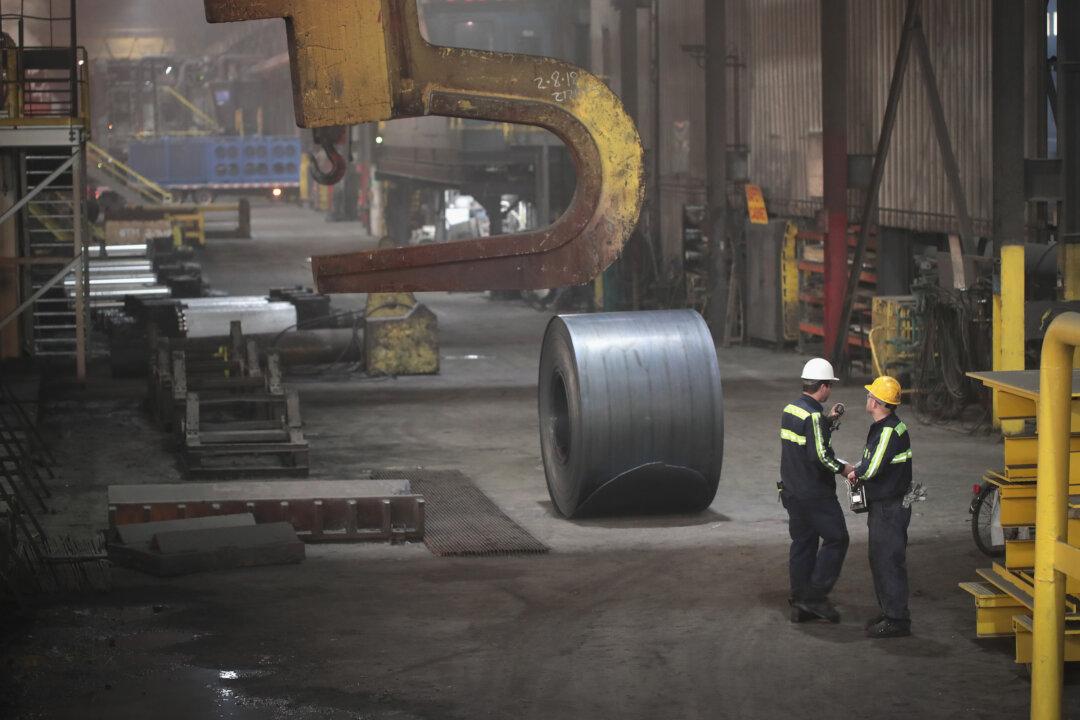The culture of zero hours contracts is causing much distress in the United Kingdom. Employers will hire people with no guarantee of work. This can be translated as “we will call you when we need you.”
This attitude of employer-to-employee contract is forcing the people to choose multiple jobs with different employers in the hope of picking up work to pay their living costs month to month. Not only is this occurring in the UK, but in other countries as well. It is detrimental to everything the UK economy has been built upon over the last 50 years since the war.
A question arises from two angles of inquiry, employee, and employer. The first being employee uncertainty and what this can do to the social fabric of the country.
Imagine, a worker goes from one day to the next answering calls. “Can you do two hours here? Maybe three hours the next day? No hours the third day, and work all day on the fourth day?” As the person accrues working hours during the week they can total only enough just to pay the room rent.
This is giving rise to a larger rise in illegal activities just to make ends meet, which puts more pressure on the authorities to keep control of difficult situations. Not only that, it puts great pressure on the police forces of the UK as they discover that zero hours contracts have a great part to play in the statistical measurement of crime.
So what do the police do? They record all of the data and just pass it on as feedback systems explaining that most of the low-level crimes are associated with poverty. The same goes for hospitals, social services, employment agencies, and other support services as they heave under the burden of society which is in decay because of the uncertainty of the employment environment.
The loss of good manufacturing jobs is at the heart of this issue. The plants which sustained the ecosystems of towns have now vanished, leaving a public which is scavenging hours for survival. This is the primary reason why the political atmosphere has become so charged in the geographies of Europe and America.
This does not just reflect in the voting patterns of people with Brexit, the U.S. Elections, the Italian elections, and in the German elections; it also reflects quite clearly in law and order, healthcare, narcotic usage, and in the breakup and nonformation of families.
Combine these forces with the fact that upon each family are massive rises in house prices, affordability problems of daily living costs, and that the inability to provide a stable environment for children leaves society vulnerable.
When all these factors combine, that’s when the backlashes begin on the systems which exist to sustain a country, resulting in breaking point pressures as people turn against the status quo.
On the flip side, employers have no choice but to offer zero-hours contracts, because they are simply treading water with their balance sheets. Combine this with the fact that onerous tax regimes are pushing the extraction process from every business at breakneck pressures, the business will end up cannibalizing whatever it can to stay afloat.
So, are rents too high? Or is the rent-free competition of online retailers killing the competitors? Or are online markets reducing the need for rent in the first place, thereby driving rents down and changing the face of the high street or the mall?
Online corporations such as Amazon attack every piece of retail by seeking out the retailer and killing his ability to pay his rent, this suffocating them of transactions. Once you lose transactions, your store becomes empty; if your store becomes empty, you can’t pay the rent; if you can’t pay the rent, you close down.
The key to survival is having a rent-free business. Once you don’t have to pay rent, or you can just deliver from an online shop, you spread the demand for goods from a clustered business park or mall into a small well diffused operating system which can be effectively run from your back garden. A lot of people are doing these types of business in the UK as they transform themselves from having a service business based on foot flow to having a service business based upon click flow. The services sector has truly changed the way in which we live and consume products.
This self-consuming cannibalistic cycle is not just affecting the employee and the employer. It is rapidly eating into the tax systems as well, leaving the taxman to seek out punishing regimes of enforcement as they seek out sources of value. The employee simply cannot keep being taxed even more to a breaking point, they will buckle under the pressure, thus creating even more strain on the public services.
Where is the most value kept in the UK? You guessed it: house prices and rent. They are about to go after the property owners and the residue systems which kill the businesses. Many large property holders rent out houses and businesses as they squeeze the public along with the tax man. By the time the business has paid the taxes, been fleeced by the landlord, and oppressed their employees to the point of self-destruction, there is nothing left for the business. So we can drive the battle down to one conflict, in the UK at least, which is the tax man against the large property holders.
This is the crux of the next 10 years as the tax man begins the preparation process for taxing the landlord. Here in the UK, they have already begun to implement data gathering processes, finding out who is paying rent and where this rent goes, how it is spent, whose name the properties are under and how the wealth is being distributed. The key question to the tax man is the rent process itself, if someone is paying rent, and do you tax the property or tax the rent?
Amar Manzoor is the author of the book “The Art of Industrial Warfare” and founder of the 7Tao industrial warfare system.




